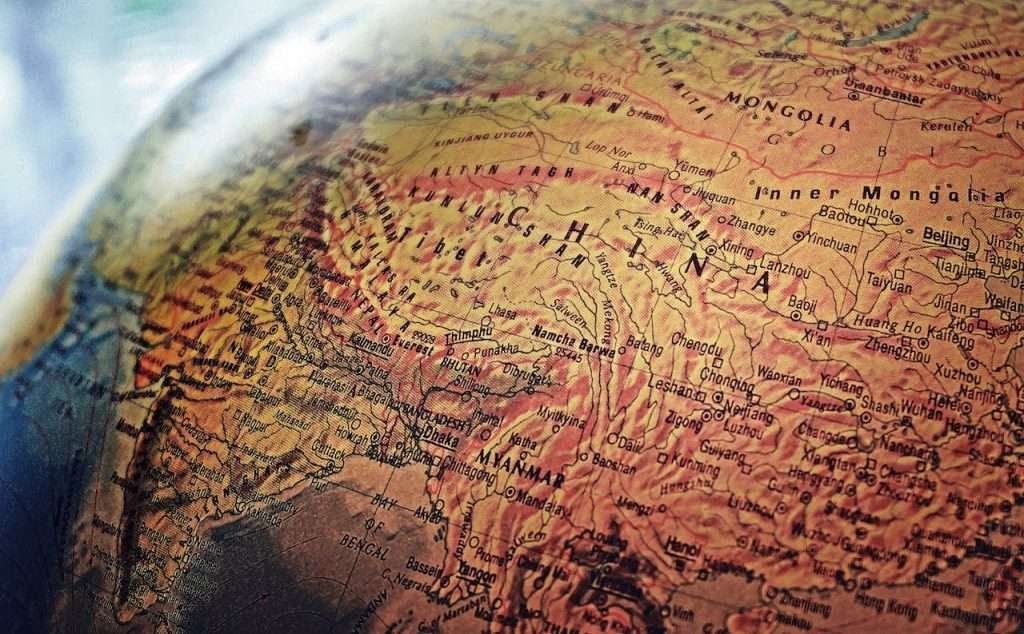The suffix “-stan” in country names has piqued the curiosity of many. Its widespread presence in several country names, especially in Central and Southern Asia, raises the question: what does “stan” mean, and why are there so many countries ending with this suffix?
Etymology and Origins
The suffix ‘-stan’ originates from the Persian language, meaning “land of” or “place of.” This term is a marker of place and is prevalent in several languages, including Persian, Urdu, and Russian. Its roots can be traced to the Indo-European root word *sta, meaning “to stand.” Historically, in Persian and Urdu, ‘-stan’ signified a location associated with a particular group of people or culture, such as Kazakhstan, meaning “land of the Kazakhs”.
Usage in Country Names
Countries like Afghanistan, Kazakhstan, Kyrgyzstan, Pakistan, Tajikistan, Turkmenistan, and Uzbekistan incorporate ‘-stan’ in their names. For example, Afghanistan’s name translates to “land of the Afghans,” reflecting the historical ethnonym for the Pashtuns. The Turkic word “kazak” means adventurer or horseman, and Kazakhstan’s name derives from it, interpreting as the “Land of the Adventurers” or “Horsemen.”
-Stan in Other Contexts
Besides appearing in country names, people also find the suffix ‘-stan’ in regions within countries, such as Tatarstan in Russia. The suffix’s versatility extends beyond geographical names, appearing in various contexts, such as in Persian for ‘place of sand’ (rigestân), ‘place of flowers’ (golestân), and ‘graveyard’ (gurestân).
What Did We Learn Today?
The suffix “-stan” is a powerful linguistic tool that denotes a sense of belonging and identity. It ties a piece of land to its inhabitants, be they a specific ethnic group or a wider community. This suffix, rooted in ancient languages, transcends mere geographical labelling; it encapsulates the essence of a people and their connection to their homeland. The prevalence of “-stan” in so many country names reflects a historical and cultural lineage that is both deep and widespread, stretching across a significant portion of Eurasia.





